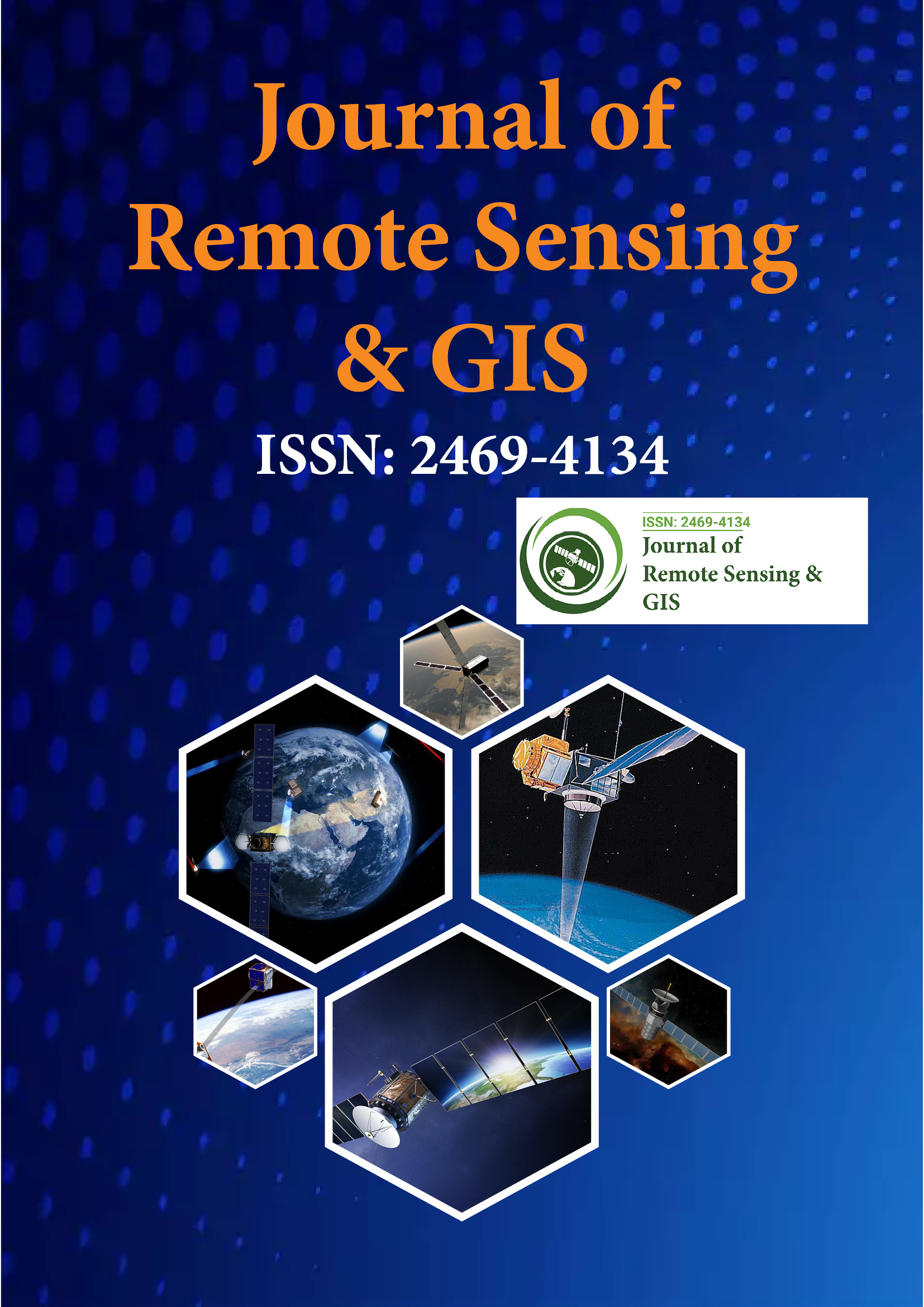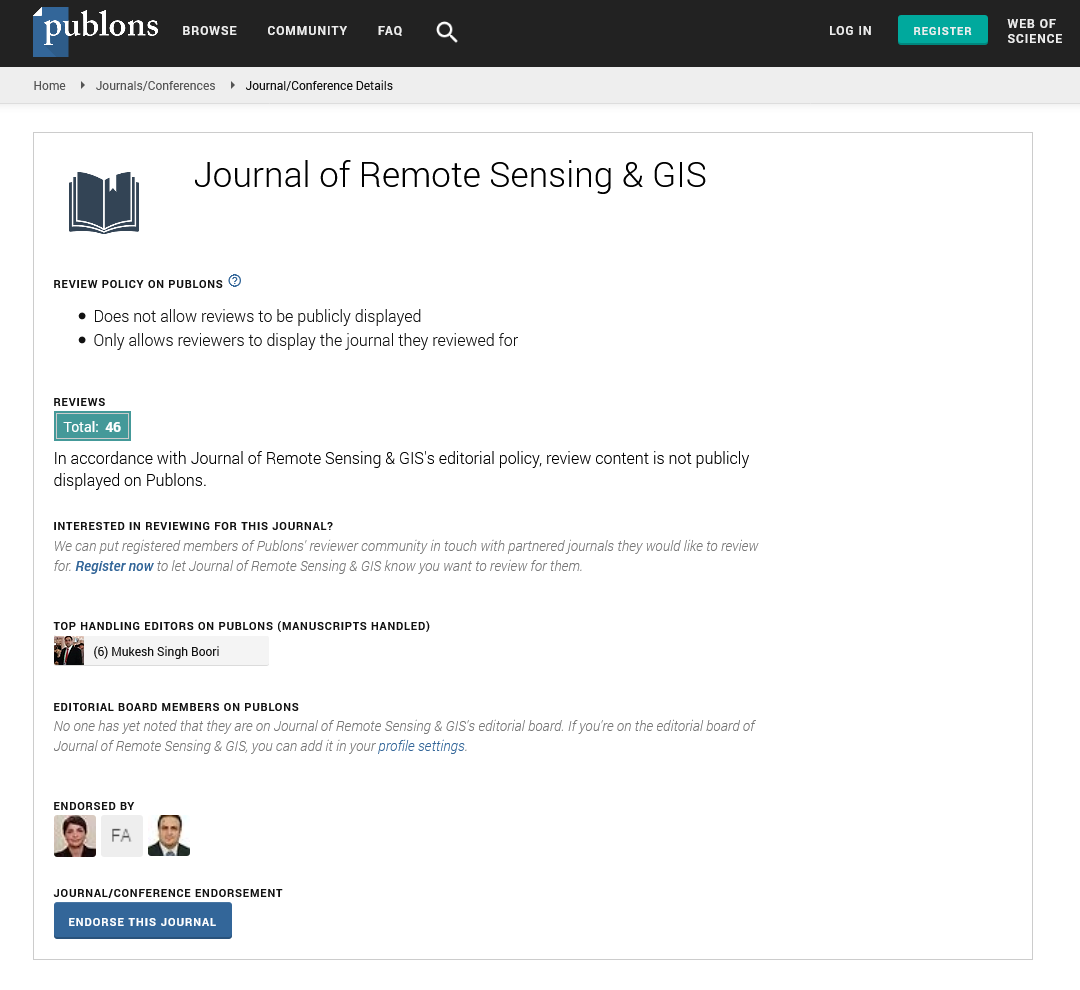Indexed In
- Open J Gate
- RefSeek
- Hamdard University
- EBSCO A-Z
- OCLC- WorldCat
- Publons
- International Scientific Indexing
- Euro Pub
- Google Scholar
Useful Links
Share This Page
Journal Flyer

Open Access Journals
- Agri and Aquaculture
- Biochemistry
- Bioinformatics & Systems Biology
- Business & Management
- Chemistry
- Clinical Sciences
- Engineering
- Food & Nutrition
- General Science
- Genetics & Molecular Biology
- Immunology & Microbiology
- Medical Sciences
- Neuroscience & Psychology
- Nursing & Health Care
- Pharmaceutical Sciences
Abstract
Delineating the Proper Shooting Medium for Seismic Reflection Survey inthe Greater Ughelli Depobelt, Niger Delta
Alaminiokuma GI and Emudianughe JE
The proper shooting medium for seismic reflection survey was delineated in a prospect within the Greater Ughelli Depobelt of the Niger Delta using a sample density of 37 Uphole surveys. This prospect is characterized by river tributaries with large and extensive column of sand bars lining the entire length of river banks, creeks, rain forests and flooded plains which pose difficult challenges in placing shots in the proper medium. Thickness and velocity of these unconsolidated weathered layer materials were computed. Graphical analysis using the UDISYS Software to plot the surface corrected first-break times, Ts (msec) against hydrophone offsets (m) showed a dominant 1-weathered layer model. The results reveal that the weathered layer velocity ranges between 209 and 593 m/s while the velocity within the consolidated layer ranges between 1131 and 1987 m/s. The weathered layer thickness ranges from 3.2 to 6.8 m with the prospect average of 4.7 m. These results suggest that, where possible, Pattern-shot types should be located at depths of about 7.0 m in the North-Eastern part, 5.5 m in the South-Eastern part and 3.5 m in the Western and East-Central parts. These depths are below the weathered layer where signals travel at velocities devoid of time delays during 3D/4D seismic surveys in this area. This has the advantage of cancellation of ground roll (surface noise) during acquisition thereby focussing all the seismic energy in the vertical direction and by-passing thus minimizing the spurious effects of the low velocity weathered layer during acquisition and initial processing of field data.

